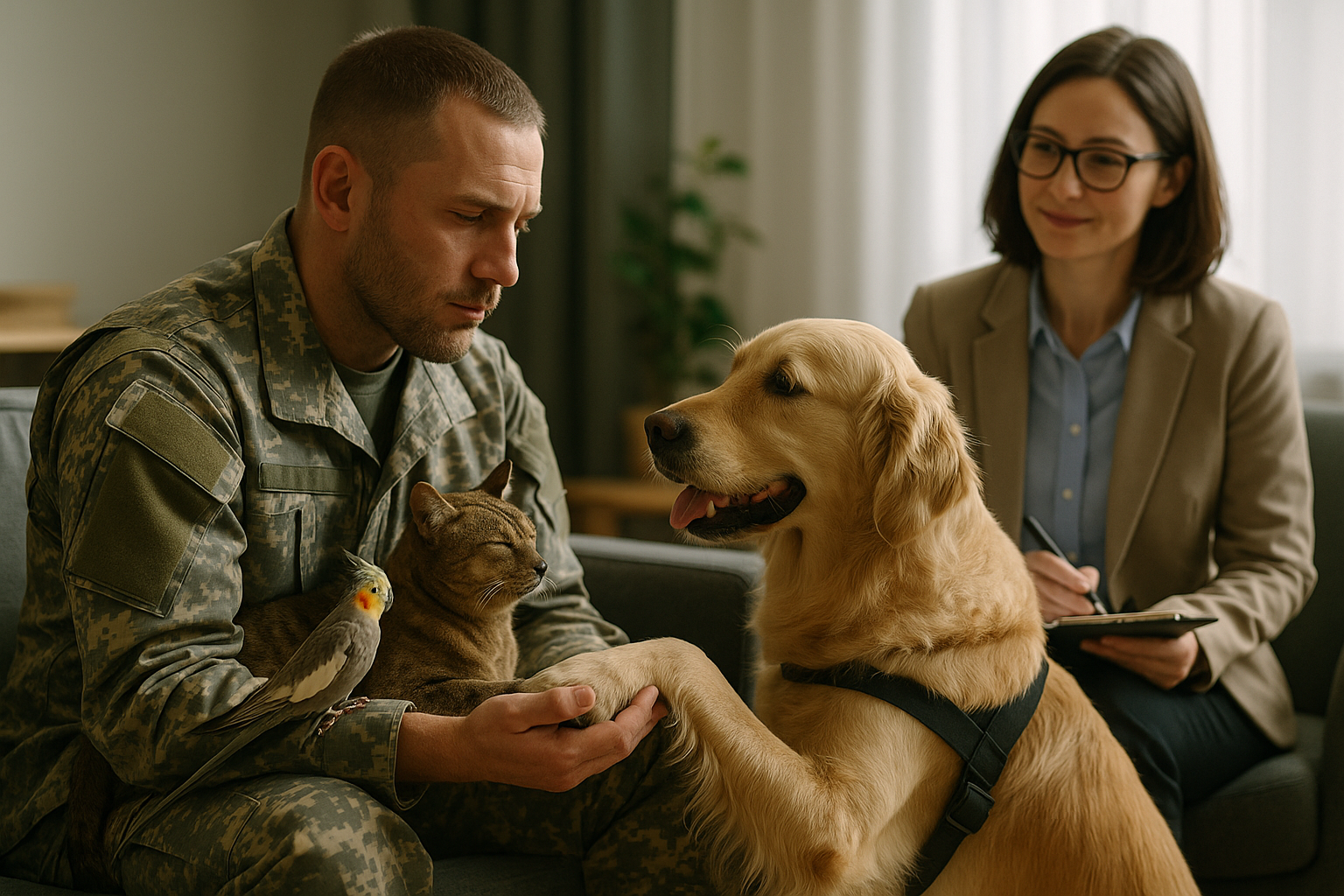Traveling Internationally with a Companion: Health Certificates and Logistics
Traveling internationally with a pet requires careful planning around health certificates, identification, airline rules, and destination regulations. This summary highlights the key steps owners typically follow to reduce delays and stress: confirming entry requirements, getting required veterinary checks and vaccinations, ensuring proper documentation, and preparing animals for transport and quarantine where applicable.

This article is for informational purposes only and should not be considered medical advice. Please consult a qualified healthcare professional for personalized guidance and treatment.
Canine and Feline Health Requirements
Before booking travel, confirm the destination’s entry rules for canine and feline companions. Many countries require proof of current vaccinations, particularly rabies, and a recent veterinary health certificate stating the animal is free of contagious conditions. Some destinations accept a national “pet passport” while others need a specific export certificate completed by an accredited veterinarian. Check timing requirements early: vaccinations and certificates often must be completed within a defined window before travel, and some approvals can take weeks.
Microchipping, Identification, and Documentation
Microchipping is a widespread requirement; many destinations insist on an ISO-compliant microchip to link your animal to its records. Keep copies of the microchip registration, vaccination records, and any export/import permits readily available—both printed and digital. Airlines and border authorities commonly check that the microchip number in the records matches the chip implanted in the animal. If the destination expects a specific chip standard, you may need to bring your own scanner or arrange re-chipping prior to departure.
Veterinary Certificates and Timing
A veterinary health certificate (often called a certificate of veterinary inspection) is typically issued shortly before departure by a licensed vet. The timing varies: some countries require the certificate to be issued within 10 days of arrival, others within 30 days. Besides vaccinations, these exams can include parasite treatments and testing for conditions such as heartworm or certain tick-borne diseases. If export endorsements from government veterinary authorities are required, factor in additional processing time and possible appointments with official veterinarians.
Behavior, Training, and Enrichment for Travel
Travel can be stressful for animals; behavior and training reduce risk and improve welfare. Acclimate your companion to a carrier or crate well before travel, using short sessions that build positive associations. Practice simple commands or calm-resting cues and provide enrichment items (lick mats, familiar scents) when permitted. For anxious animals, discuss behavioral strategies or short-term medication with your veterinarian well ahead of the trip. Trained behavior and pre-travel enrichment help minimize distress and improve handling at airports and customs checks.
Nutrition, Firstaid, and Seniorcare Considerations
Plan feeding and hydration to reduce transit discomfort: avoid large meals immediately before travel and pack familiar food to prevent digestive upset. Carry a basic firstaid kit for minor injuries and any prescription medications in original containers with veterinary notes. Seniorcare animals may need extra time for vet checks, mobility aids, or temperature-controlled transport; discuss chronic conditions and pain management with the veterinarian and request a clear care plan for the journey and the destination.
Grooming, Carrier Selection, Adoption, and Birdcare
Select a carrier that meets airline and destination size standards and provides ventilation and security; measure your pet to ensure comfort. Grooming before travel can reduce matting, contamination, and inspection issues—trim nails and ensure hygiene. For adopted or shelter animals, confirm the animal’s complete medical history and any waiting periods tied to vaccination schedules. For birdcare, be aware of additional restrictions: many countries have strict rules for avian species to prevent spread of avian diseases and may require special permits and long quarantine periods.
Conclusion International pet travel blends veterinary requirements, documentation, and practical care to protect animal and public health. Start early: verify rules for your route and destination, schedule required veterinary visits and microchipping, and prepare your companion through training, nutrition planning, and appropriate carrier selection. Thorough preparation helps reduce delays, quarantine risk, and stress for both pets and owners.






